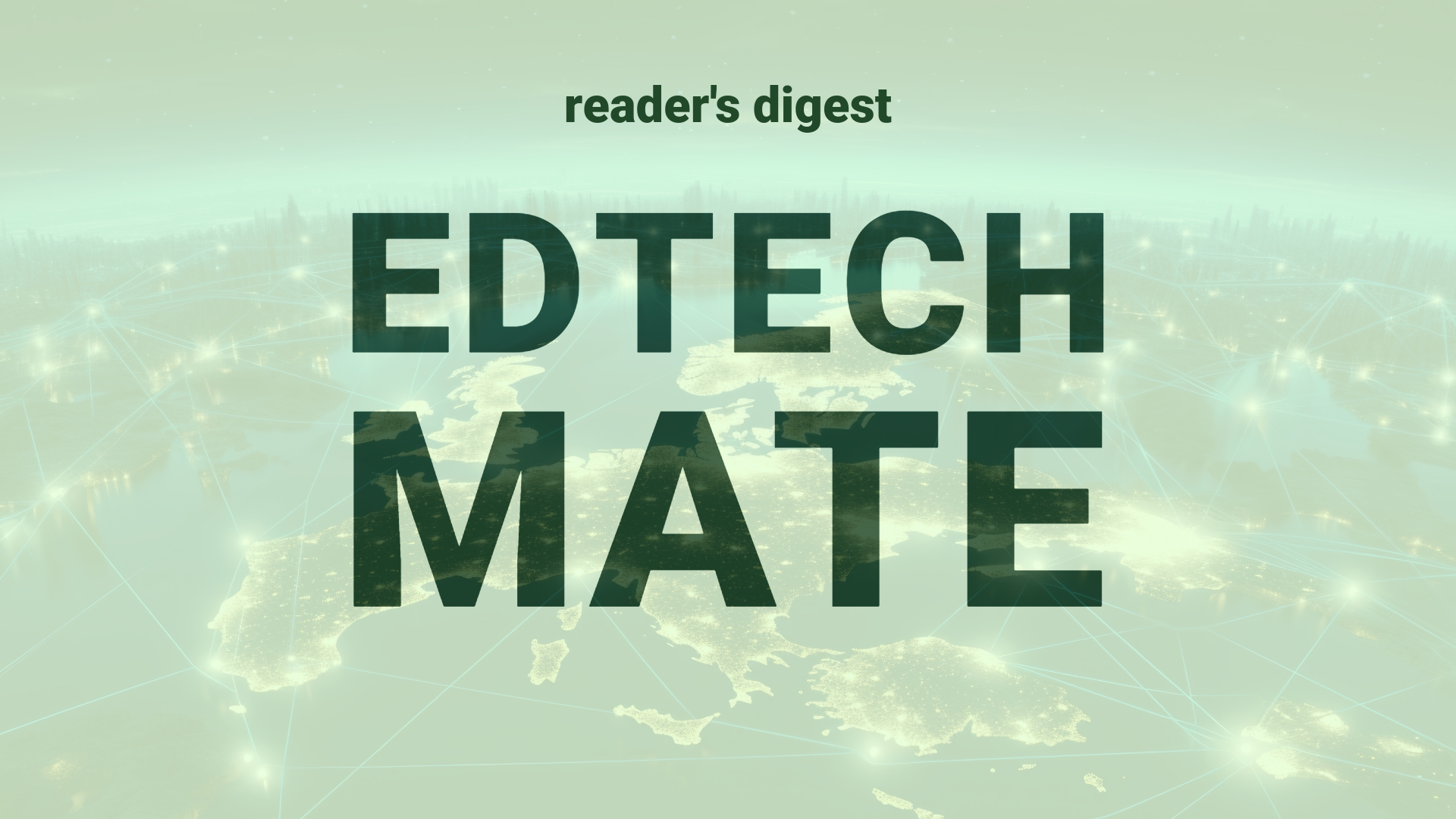Executive Summary and Main Points
In recent observations, a troubling trend has emerged within the academic ecosystem, namely, the commoditization of peer-reviewed publications for high school students aiming to secure positions at prestigious universities. These services charge substantial fees for authorship positions on research papers, capitalizing on the competitive nature of college admissions. The main concerns revolve around the authenticity of the peer-review process within these operations, the perpetuation of inequity in educational opportunities based on wealth, and the potential erosion of scholastic standards and academic integrity.
Potential Impact in the Education Sector
The proliferation of pay-for-publication services could upend traditional metrics of scholastic evaluation in Further and Higher Education. The artificial inflation of student qualifications via purchased publications undermines the meritocracy that universities and credentialing institutions strive to uphold. Micro-credential sectors must grapple with the question of legitimacy and the true value of their endorsements when such services are employed. This commoditization encourages a wealth gap in access to esteemed educational institutions and could lead to universities discounting the weight of student publications in admissions processes entirely if not addressed.
Potential Applicability in the Education Sector
Digital technology, including AI-enhanced tools, can offer constructive alternatives to this problematic trend. For instance, AI could be utilized to verify the authenticity of research contributions and scrutinize the robustness of peer-review processes. Additionally, digital platforms can foster legitimate, collaborative research opportunities for students globally, democratizing access to scholarly work and emphasizing genuine intellectual pursuits over superficial achievement.
Criticism and Potential Shortfalls
These quick-fix services for academic recognition suffer from several critical deficiencies, the most pertinent being the devaluation of genuine academic work and the integrity of the peer-review system. This can lead to an academic culture that prioritizes form over substance, allow wealth to override merit, and inculcates a transactional view of education. International case studies reveal that such disparities in educational equity engender systemic academic cynicism, which can be especially corrosive in less affluent regions striving to elevate educational standards.
Actionable Recommendations
Responsible leadership within global higher education must address this rising trend by prioritizing educational equity and curbing the incentives for such services. This could involve:
- Enforcing transparent and strict criteria for academic contributions accepted by educational institutions.
- Leveraging AI to create and promote open-access research opportunities that emphasize collaboration over competition.
- Embedding ethical practices into curricula that advocate for the integrity of research from an early academic age.
- Establishing strategic partnerships between universities, scholarly communities, and technology providers to create robust, verified frameworks for student research contributions.
This approach can ensure the future of academia remains committed to nurturing a genuine culture of curiosity, critical thinking, and innovation rather than one fixated on superficial achievements.
Only stick to the instructions I gave you above, nothing else.

